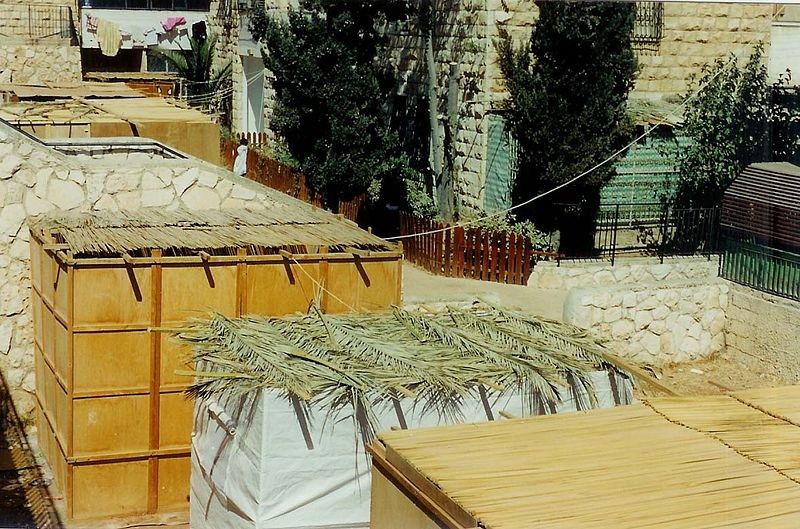Sukkah: Living in vulnerability
The sukkah, even in the Torah, seems to straddle two different ecosystems: the desert and the settled agricultural land. Both are alien to our contemporary urban and suburban lives, but still offer metaphors for life.
What does the sukkah represent? Eretz Yisrael (the land of Israel) or the desert? An agricultural structure for the harvest in the field, or a nomadic shelter in the desert? The era when Jews were farmers celebrating the end of the harvest season, or when Jews were refugees from Egypt during the Exodus and wandering? The achievement of material prosperity, or the perennial exposure to the vicissitudes of dependence?
Torah weighs in on the side of desert consciousness, reliving transitions, being on the move, and hence, feeling how exposed we are to the shifts in autumn weather and how much we rely on Divine grace.
“You shall reside in sukkot for seven days; every citizen of Israel shall reside in sukkot, so that for generations you will [remember and] know that when I took the children of Israel out of Egypt, I settled them in sukkot [in the desert before reaching Eretz Yisrael]. I am Hashem your G-d.” (Leviticus 23:22-23)
Eating and sleeping in a sukkah without the special consciousness it is designed to provoke misses the point.
What exactly do we need to remember? In his commentary on the verses cited above, Rashbam (Rabbi Shmuel ben Meir), a grandson of Rashi, wrote in 12th-century France that we must remember what Moshe told us before entering the land of Israel and becoming land owners and farmers:
“Remember the whole trip that G-d took us on through the desert … with all its suffering and hunger when we were dependent on manna [from heaven]. … So that we should know that human life does not depend on bread [that we grow ourselves] alone, but on G-d’s word does human life depend.” (Deuteronomy 8:2-3)
This is the reason, Rashbam says, that G-d set the holiday of Sukkot during the season when we gather the produce of the grain and the grapes, so that we would have to leave our homes, which are overflowing with everything good, and sit in the desert dwellings of landless refugees.

 48.0°,
Overcast
48.0°,
Overcast 




